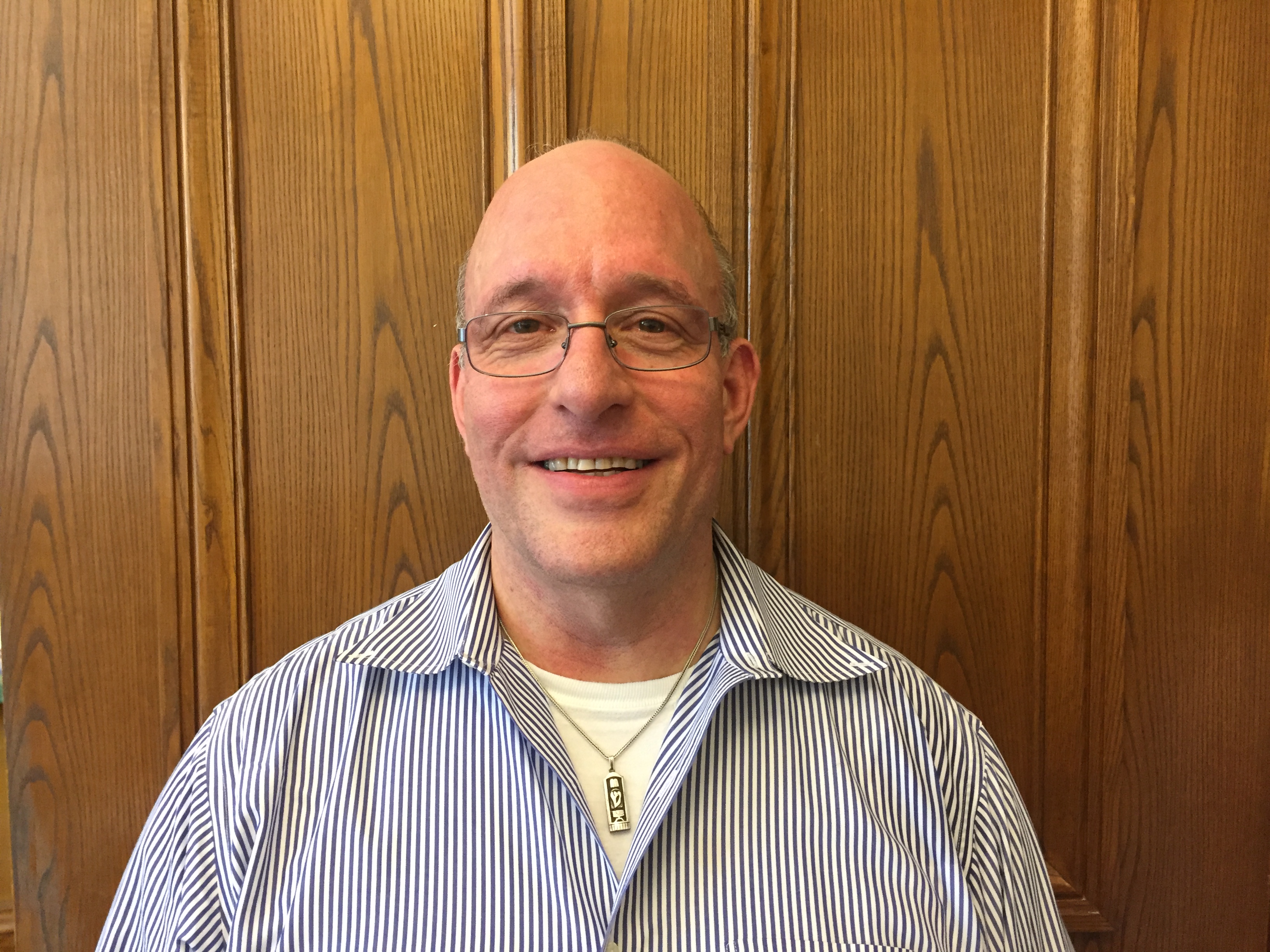Hidden Bias and Racism: An Interview with Stephen Friedman, LCSW


What was the thing that made you see that race was the main issue and not something else?
When I work with the African American kids at work, they’re usually not referred to me because of racism. It usually has to do with some behavioral issues in the classroom or school work. The issue of race usually comes up when it emerges in the context of our talks and discussions.
How did you feel about yourself once you realized that you had biased beliefs and notions?
My perspective is that because we live in a racist society where slavery was once around, and there are many prejudices present. So we all have racist attitudes and it’s common to everyone when it comes to holding biases.
What would you say is the solution to prevent people from developing biases against minorities and other marginalized groups in the first place?
I think that we need to be open and aware. White people need to listen to minorities and marginalized groups because stereotypical and biased views hurt people. There’s also the topic of aversive racism, where consciously white liberals believe in equality but they tend to avoid people of color and being associated with them.
Do you have a message for others who might believe that bringing up race only makes matters worse? Why are they scared to address it?
Unfortunately, many racial issues are hard to discuss, so lots of things aren’t addressed and dialogue is often shut down. When the experiences of my students are being talked about, the experience of being discriminated against isn’t seen as a psychological problem. Those things may be unpleasant to address but the benefits are great.
Do you think that the media will ever change when it comes to dehumanizing people of color?
Unfortunately, there has been a long history of the dehumanization of people of color in the media. When it’s a white person, the crime isn’t greatly described and they don’t usually go into great detail. However, a person of color’s race is most likely to be brought up in the media, along with a lot of detail on the crime they committed. The Black Lives Matter movement has fought hard against it, but it is still an ongoing battle today.
Can better representation in the media improve how people of color are treated or is it already too late?
It’s only one part of the issue, and it is worth trying to address it. With people from the mid west, where there is a lack of diversity and mostly white people, the only time they are introduced or exposed to people of color is through the unfair media. It could make a difference in terms of the way people of color are treated. It’s only one aspect of the topic, not the entire thing.
Have you ever caught yourself having biases towards any white students?
That’s an interesting question. Part of the privilege of being white is being free from some of the stereotypes. As a white male i admit my privilege. Not having to have my bag checked, not having to avoid eye contact with a police officer, and not having to be followed around in a store. Race is a topic that shouldn’t just come up as a difference, as I reflect on my racial identity, I notice that race can come up with my white students as well. I think that we all have bias towards each other and it’s about being open and not pigeonhole each other. Some of my white students may have racist attitudes we need to talk about.



Responses